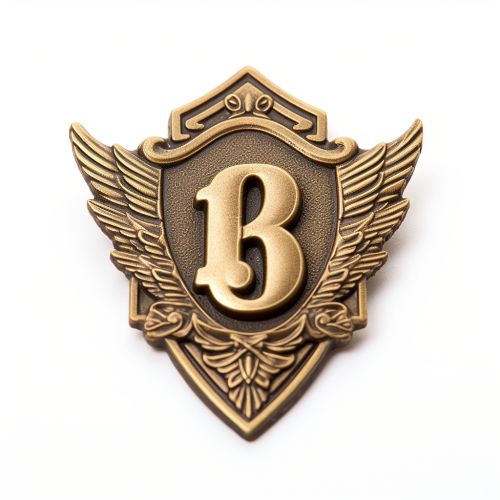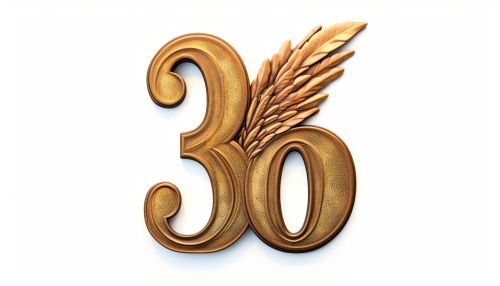Thirteen
Introduction
Thirteen is a natural number following twelve and preceding fourteen. It is the smallest number with eight letters in its name in English. In many cultures, the number thirteen is considered unlucky, while in others it is seen as auspicious. Thirteen is a prime number, a Fibonacci number, and a Wilson primeprime numberFibonacci numberWilson[1].


Mathematics
In mathematics, thirteen is the sixth prime number, and the second Wilson prime. The sequence of Fibonacci numbers starts 0, 1, 1, 2, 3, 5, 8, 13. Thirteen is also a Motzkin number and a Perrin numberMotzkin numberPerrin[2].


Culture
In many cultures, the number thirteen is considered unlucky. This superstition can be seen in various aspects of life, such as the absence of the thirteenth floor in some buildings, or the avoidance of the number thirteen in hotel rooms and seating arrangements. Conversely, in some cultures, such as Italy, thirteen is considered a lucky numbersuperstition[3].


Science
In science, thirteen is the atomic number of aluminium, which is a post-transition metal. In the human body, there are thirteen known vitaminsvitamins[4].


Religion
In religion, thirteen has significance in several belief systems. For example, in Judaism, thirteen signifies the age at which a boy becomes a Bar Mitzvah. In Sikhism, the number thirteen is considered auspiciousBar Mitzvah[5].


See Also
References
- ↑ Wells, D. (1987). The Penguin Dictionary of Curious and Interesting Numbers (p. 46). London: Penguin Group.
- ↑ Beiler, A. (1966). Recreations in the Theory of Numbers (p. 191). New York: Dover Publications.
- ↑ Opie, I., & Tatem, M. (1989). A Dictionary of Superstitions (p. 345). Oxford: Oxford University Press.
- ↑ Combs, G. (2008). The Vitamins: Fundamental Aspects in Nutrition and Health (p. 3). Burlington: Elsevier.
- ↑ Goldman, A. (1995). Being Jewish: The Spiritual and Cultural Practice of Judaism Today (p. 123). New York: Simon & Schuster.
